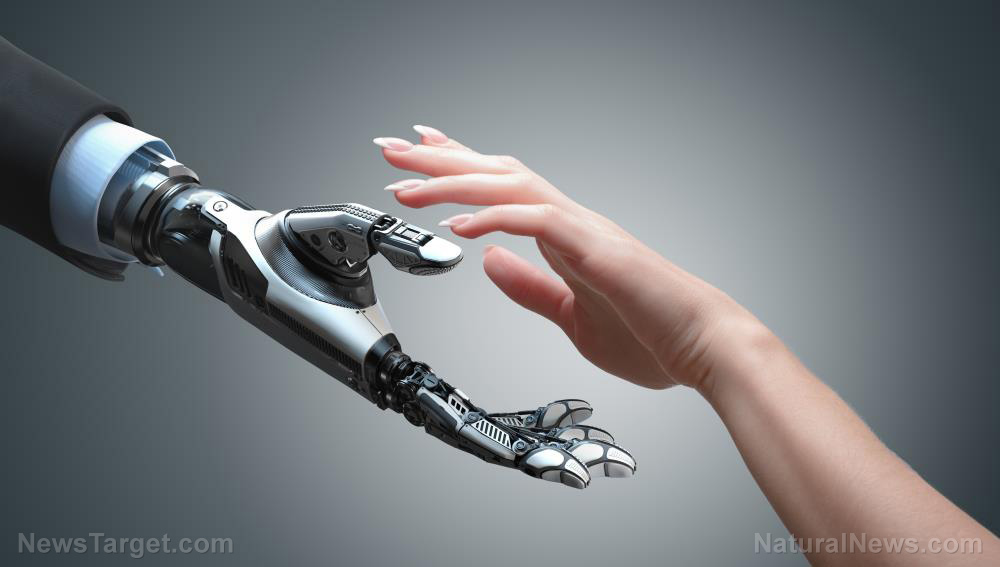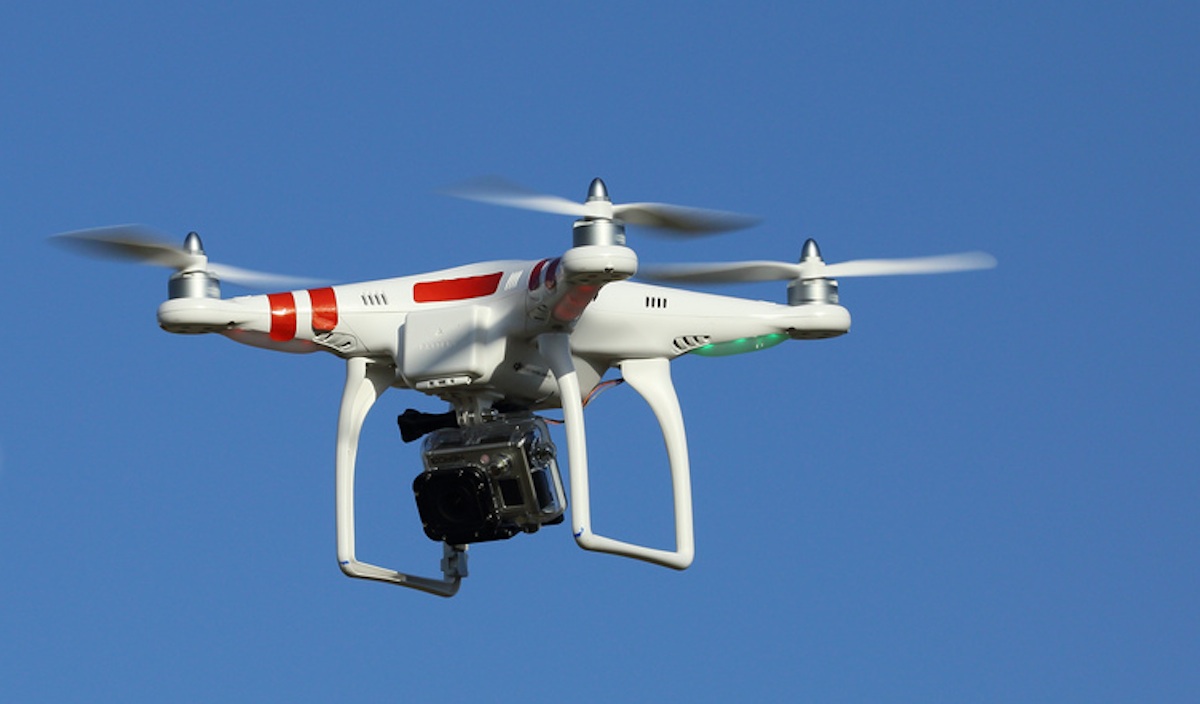Innovative technology will allow dementia patients to live independently in their own homes
08/08/2018 / By Edsel Cook

U.K. researchers have developed artificial intelligence (AI) technology that will reportedly allow patients with dementia to move out of their residential care facilities and back to their own homes. The AI will keep an all-seeing electronic eye on the well-being of the patient using the Internet of Things, an article on Science Daily stated.
The new system is called Technology Integrated Health Management (TIHM). It will enable 24/7 professional observation of the patient in the comfort of his or her own home. Allowing the patient to live in his own home instead of a specialized dementia care facility will greatly reduce the cost of caring for that person.
TIHM was developed by University of Surrey researchers and the Surrey and Borders Partnership NHS Foundation Trust, the county’s public healthcare provider. Its machine learning algorithms are smart enough to tell if the patient is having problems related to dementia.
The AI will oversee a network of monitors, sensors, and trackers installed in the homes. The devices will be connected together as an Internet of Things.
Using these detection systems, the TIHM system will be able to spot any changes that could lead to issues in the patient’s health. Spotting a potential health concern in its early stage could allow the problem to be nipped in the bud before it turns into a serious medical condition that will need an expensive stay in the hospital.
TIHM’s machine learning algorithms will also be able to recognize the signs of agitation and irritability in a patient, which helps keep track of his well-being. (Related: A high level of cardiovascular fitness reduces your risk of dementia by 90%.)
Artificial intelligence uses the Internet of Things to watch dementia patients 24/7 at home
“The impact of a simple algorithm on the life of people with dementia is staggering,” declared Dr. Payam Barnaghi, an expert on machine intelligence from the University of Surrey. “Our algorithms and the unique technology it powers means that round the clock observation of people is possible and this not only helps inform clinical decision making but enhances the care and support given to people with dementia and their carers.”
Dr. Barnaghi said that more roles in the healthcare system are being handled by artificial intelligence technology. He believed it was important to get the most out of the technology so that patients could receive better care.
Speaking in her position as a senior official with Surrey and Borders Partnership NHS Foundation Trust, Dr. Helen Rostill said that TIHM breaks new ground in healthcare. She believed that the University of Surrey-developed technology is not just limited to supporting people with dementia. TIHM could also be adapted for use by patients with other complex health conditions that also last for long periods of time.
The Alzheimer’s Society reported that there are more than 900,000 people in the U.K who suffer from various forms of dementia, which includes Alzheimer’s disease. By 2025, that number is expected to pass the one-million mark.
AI will reduce costs of healthcare for dementia patients
There is no way to cure dementia. Instead, patients stay in dedicated residential care facilities where health service professionals can watch over them.
In the U.K., this is handled by the National Health Service (NHS), the national public healthcare system. However, given the costs of caring for patients keeps rising with no end in sight, the NHS is straining to provide adequate healthcare to all British citizens.
Drs. Barnaghi and Rostill are some of the health experts who believe the use of AI technology such as the TIHM system will delay the mental decline of patients with dementia, allowing them to live independently for much longer.
Read about the newest developments in healthcare at HealthCoverage.news.
Sources include:
Tagged Under: AI, algorithms, Alzheimer's disease, artificial intelligence, dementia, future tech, goodtech, health service, healthcare, innovation, Internet of Things, machine intelligence, machine learning, medical breakthrough, research




















